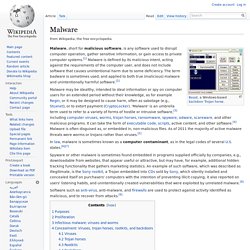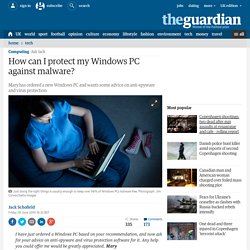

Bank Hackers Steal Millions via Malware. Photo PALO ALTO, Calif. — In late 2013, an A.T.M. in Kiev started dispensing cash at seemingly random times of day.

No one had put in a card or touched a button. Cameras showed that the piles of money had been swept up by customers who appeared lucky to be there at the right moment. But when a Russian cybersecurity firm, Kaspersky Lab, was called to Ukraine to investigate, it discovered that the errant machine was the least of the bank’s problems. The bank’s internal computers, used by employees who process daily transfers and conduct bookkeeping, had been penetrated by malware that allowed cybercriminals to record their every move. Then the group impersonated bank officers, not only turning on various cash machines, but also transferring millions of dollars from banks in , , Switzerland, the United States and the Netherlands into dummy accounts set up in other countries.
Continue reading the main story Transferring money into hackers’ fraudulent bank accounts fraudulent accounts overseas Mr. Malware. Malware, short for malicious software, is any software used to disrupt computer operation, gather sensitive information, or gain access to private computer systems.[1] Malware is defined by its malicious intent, acting against the requirements of the computer user, and does not include software that causes unintentional harm due to some deficiency.

The term badware is sometimes used, and applied to both true (malicious) malware and unintentionally harmful software.[2] In law, malware is sometimes known as a computer contaminant, as in the legal codes of several U.S. states.[6][7] Spyware or other malware is sometimes found embedded in programs supplied officially by companies, e.g., downloadable from websites, that appear useful or attractive, but may have, for example, additional hidden tracking functionality that gathers marketing statistics. Purposes[edit] Malware by categories on 16 March 2011.
Proliferation[edit] Infectious malware: viruses and worms[edit] Viruses[edit] How can I protect my Windows PC against malware? I have just ordered a Windows PC based on your recommendation, and now ask for your advice on anti-spyware and virus protection software for it.

Any help you could offer me would be greatly appreciated. Mary Mass-market malware is a numbers game, played mostly with familiar off-the-shelf exploit kits (EKs). Most of the victims are people who don't install updates to plug security holes not just in Windows but also in Oracle's Java, Adobe Flash, Adobe Reader, and other widely-used programs. They're people who either don't run anti-virus software and firewalls, or don't keep virus signatures up to date.
I ran into one yesterday when the Labour party press team unintentionally ("we were hacked") tweeted a link to an owl video that wanted me to install a "Flash update" that contained viruses. Just doing the right things is usually enough to keep more than 98% of Windows PCs malware free, barring accidents. Keep up to date Anti-virus software Cross-checks and rescues. How to Tell if your Cell Phone is Being Tracked, Tapped or Monitored by Spy Software - SpyzRus.net.
There are a few signs that may help you find out if your cell phone has spy software installed and that it is being tracked, tapped or monitored in some way.

Quite often these signs can be quite subtle but when you know what to look out for, you can sometimes find out if your cell phone is being spied on. This article series will deal with How to Find installed Spy Phone Software and then How to Remove Spy Software followed by How to Secure your Cell Phone. This guide should help for all types of Smartphone including Android and for the iPhone there are a few extra tips. It seems that almost everyone is obsessed with cell phones, from young kids’ right through to the elderly. Babies seem to be the only ones missing out so far! The Five Biggest Threats to Your Kids’ Privacy, and What You Can Do About Them. Remember back in school, when your teachers warned that everything you did would go on your permanent record?

It turns out your teachers have become right. That permanent record is the Internet. It’s hard to be a fully functioning adult in 2014 and not leave behind a digital trail. Now imagine how hard it is for your kids, who have never known a world where the net did not exist. From the moment they emerge from the womb, they’re generating data, which is then eagerly absorbed and stored by Internet companies, government agencies and some evil no-goodniks.
Despite federal laws prohibiting the collection of data from children under the age of 13, dossiers are constantly being created about your kids, whether it’s Google capturing their search histories, advertisers creating profiles of their interests, or their grandparents tagging photos of them on Facebook. Canadian Singles Find New Ways To Meet UrthBox Healthy Snack Boxes. Math Practice - Ages 5-15.